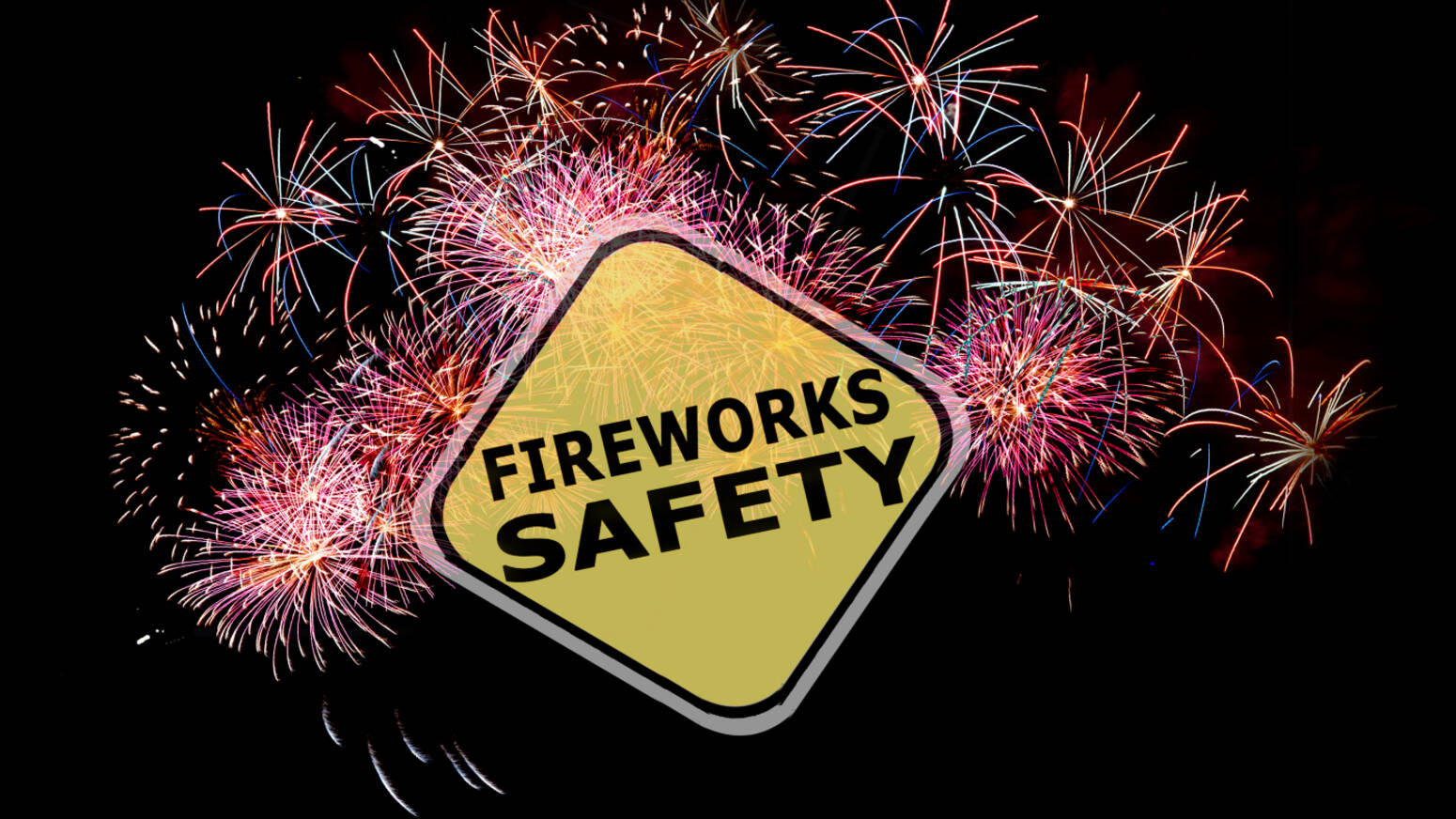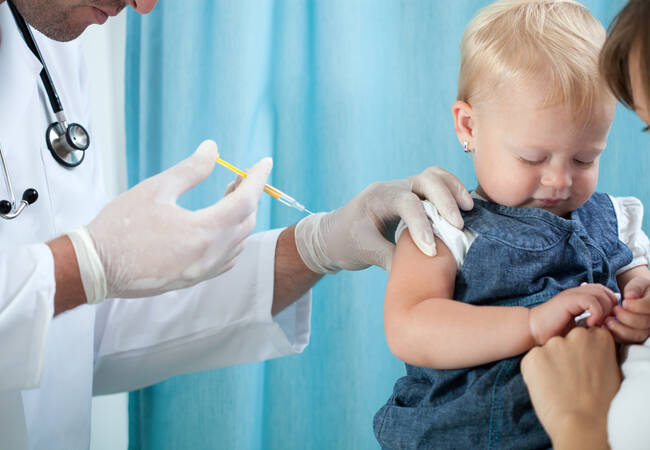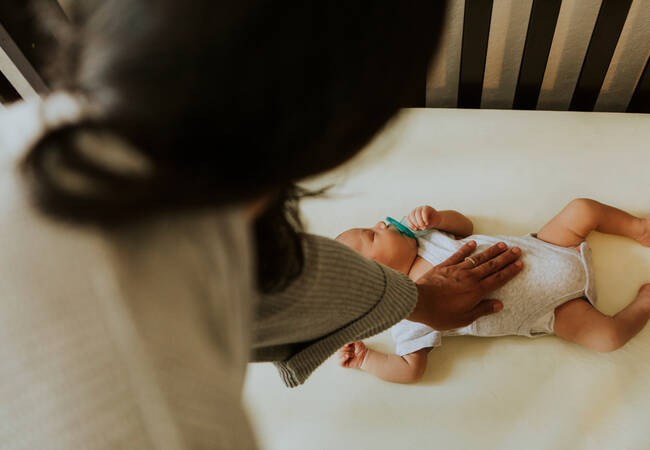Many families across the country will celebrate Independence Day later this week by enjoying firework displays. In New Hampshire, the sale and possession of fireworks by individuals is legal (with restrictions varying by municipality). While designed for entertainment, fireworks are still explosives and extremely dangerous if not handled properly. Emergency departments nationwide see a spike in injuries related to fireworks and sparklers each year around the Fourth of July, especially to the eyes—some of which are so serious that they can cause permanent blindness, or loss of the eye.
“We see many tragic injuries from fireworks at this time each year, all of which could have been prevented,” said Erin M. Salcone, MD, and Janine R. Eagle, MD, pediatric ophthalmologists with Dartmouth Health Children’s. “Fireworks and sparklers are fun to watch, but they are not toys. Children should never play with fireworks of any kind, even sparklers. Anyone can be seriously hurt by using them incorrectly and without the correct protective gear. It’s not worth the risk to you or your child’s eye health to skip the necessary precautions when near sparklers, firecrackers and fireworks, so we encourage parents to talk to their kids about fireworks safety before the holiday.”
Salcone and Eagle recommend the following tips for anyone watching or setting off fireworks this holiday week to ensure a fun and safe experience for all:
- Wear protective eye gear: A single rogue spark can have devastating impacts to the eyes. Typical eyeglasses or sunglasses are insufficient protection. Refer to the American National Safety Institute’s guidelines for selecting appropriate protective eyewear, such as safety goggles that protect the eyes from sparks and debris: https://bit.ly/45M08tx
- Keep them away from kids: No child should set off fireworks under any circumstances, regardless of age: according to the American Academy of Ophthalmology (AAO), teenagers 15 to 19 years old were most likely to require emergency treatment for fireworks injuries. Young children should not hold or be near sparklers. Adult supervision is required any time older children are near fireworks or sparklers.
- The person lighting the match isn’t the only one at risk: A National Institutes of Health study found that 65 percent of those injured by fireworks were bystanders. Observers should remain a safe distance away, and consider wearing protective eyewear. Unexploded fireworks are also highly dangerous and should not be touched.
- Know the laws: Even in states like New Hampshire where fireworks are legal at the state level, individual cities and towns have differing regulations on who can set off fireworks and where. Fireworks are highly dangerous not just to people, but wildlife too, and they can cause destructive brushfires.
- What to do if someone is hurt by fireworks: According to the AAO, fireworks-related eye injuries can combine blunt force trauma, heat burns and chemical exposure. An eye injury from fireworks is a medical emergency. Follow these guidelines in case of an injury:
- Call 911 or go to your nearest emergency department.
- Do not rub the eyes.
- Do not rinse the eyes.
- Do not apply pressure.
- Do not remove any objects that are stuck in the eye.
- Do not apply ointments or take any blood-thinning pain medications such as aspirin or ibuprofen, unless directed by a healthcare provider.



